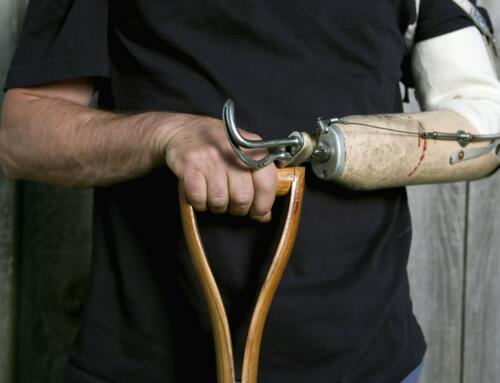Returning to work after being on disability is stressful. What can you expect upon return? Can you still maintain the same position or does the injury mean you are returning to a new position? Do you still maintain the skills you need? If you are ready to return to work, here are a few steps to consider:
Consult with professionals
By examining your job responsibilities and your current health conditions, your doctor can help determine if you are ready to return to work. They will provide the paperwork your employer will need to verify that you are healthy enough to work.
Communicate with your employer
Stay in touch with your employer while you are on disability. They can help prepare any accommodations you may need when you return. The Pennsylvania Workers’ Compensation Act entitles you to reasonable accommodations in your place of work. Don’t be afraid to ask for help. In most cases, your employer wants you to succeed.
Speak to a lawyer
There is no fee for consulting a workers’ compensation attorney. We can help you understand your company’s long-term disability policy and your rights under the Pennsylvania Workers’ Compensation Act.
Understand your rights to a fair pay structure
Besides making accommodations for your return, your employer is obligated under law to provide a pay structure equal to your pre-injury average weekly wage. If you return to work and find you are earning less, then you are entitled to temporary partial disability (TPD) to help sure up your income. Your attorney can help you calculate your average weekly wage.
Here is an example of how your post-injury salary could be different than your pre-injury pay:
Suppose you work at a meat packing facility and you severely sever your hand on a bone saw. After a few months healing, you are able to go back to work but you are not able to complete all that you used to and your hours are limited in the standard 40 hour work. Since you were used to taking extra shifts and working overtime, these limited hours do not equal the pre-injury income you received. That means you are entitled to two thirds of that in TPD. TPD is a workers’ compensation disability level in which the injured worker is temporarily precluded from performing a certain set of job skills but can still work at a reduced level.
Considering these steps when returning to work can help you cope with the change. A severe health issue that takes us out of the workforce can create a turning point. It can go two ways: by not working, we could lose our sense of identity and purpose or we can do what it takes to get back to work safely and back on a path to financial independence.







